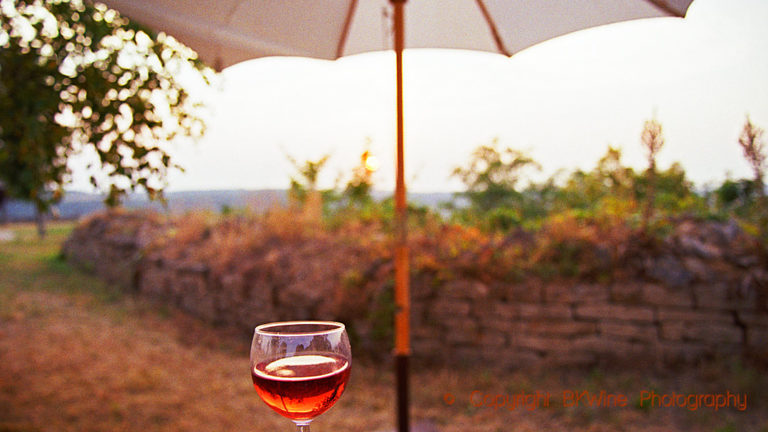

 Wine drinking doesn’t really have any seasons. With one big exception. Rosé wines.
Wine drinking doesn’t really have any seasons. With one big exception. Rosé wines.
I have decided never to recommend a rosé to anyone. Sounds hard? Maybe even narrow-minded?
Many years ago, I was totally against rosé wines and considered it more or less as an unnecessary wine. Then I discovered that actually quite a lot had happened with this wine, and it was perhaps time for reconsideration.
So I gave rosé wines a fair chance, tasted a lot and discovered many pleasant wines.
And at the same time rosé wines became really trendy (not thanks to me however) and every single wine writer who earlier, like me, had rejected the pink colour, began to assure his readers that rosé was now being drunk also by the most serious wine lovers.
Today one can hardly pick up a wine publication without reading about the excellent quality that many rosé wines have now reached.
Yes, of course, a rosé can be a good wine. But hardly outstanding. And the colour is often beautiful. But, I’m back at my original opinion, that it is an unnecessary wine for me.
The ironic thing with rosé wine, that hardly ever get above the level of “pretty decent”, is that it is actually one of the most difficult things for a winemaker to make. Harder than both white and red in many ways. So why do they bother? Simple, it sells well.
Many wine writers try to convince us that there are times when you cannot drink anything else than rosé. I disagree.
A sunny afternoon on a terrace in Provence? Possibly, but for me, wine is for food (and an occasional aperitif). I very rarely drink wine just like that in the middle of the day. I really do need to make some concessions to my poor liver.
And with a meal I cannot even with the greatest effort think of a time when I really want a rosé more than a white or a red. I actually drink vin gris (an extremely light rosé) sometimes when I go to a Moroccan restaurant and eat couscous. The wine list usually isn’t brilliant and the Moroccan vin gris is usually the best (and sometimes the only) option, and that’s OK. But otherwise, there are so many lovely white wines and light red wines out there and I will still not be able to taste them all, even if I do ignore my liver.
And how long my decision on recommendations will last is of course another matter.
Britt & Per
PS: Recommend to your friends to read the Brief!
– – – – –
[box type=”note” size=”large” style=”rounded” border=”full”]This is just the introduction to the latest issue of the Brief. Subscribe to the BKWine Brief and you will get the whole edition in your mailbox next month.[/box]








